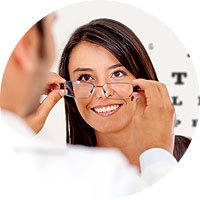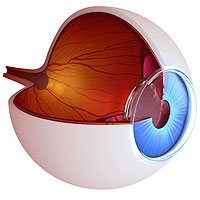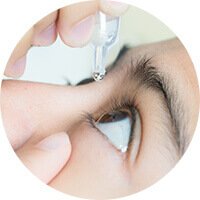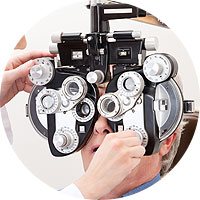Cataracts and macular degeneration are the leading causes of vision loss in older adults. Combined, cataracts and macular degeneration may cause significant vision loss, which can affect quality of life.
Keep reading to learn more about macular degeneration, cataracts, and whether you can undergo cataract surgery if you have macular degeneration!
What is Macular Degeneration?
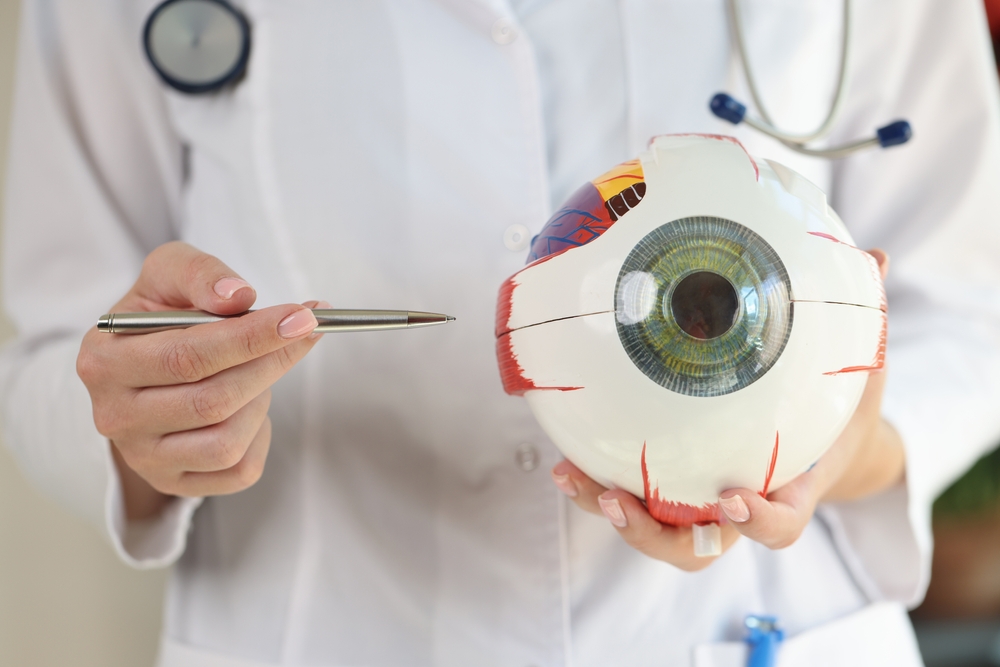
Macular degeneration is an eye condition that affects central vision. However, side or peripheral vision remains intact.
The macula is responsible for your central vision and is found in the middle of the retina. With macular degeneration, you can’t see things directly in front of you or fine details.
Central vision is critical for recognizing faces, driving, reading, and performing other activities that require sharp, straight-ahead vision.
What are the Different Types of Macular Degeneration?
The various forms of macular degeneration include:
Dry Macular Degeneration
The dry form is the most common. Approximately eighty percent of people with macular degeneration have it.
It develops when small yellow protein deposits known as drusen form under the macula. As the drusen builds up, the macula dries out and becomes thinner.
Vision loss with dry macular degeneration usually happens gradually. Sometimes, the dry form may change to the wet form.
Wet Macular Degeneration
About ten percent of people with macular degeneration have the wet form. While wet macular degeneration isn’t as common, it’s more severe.
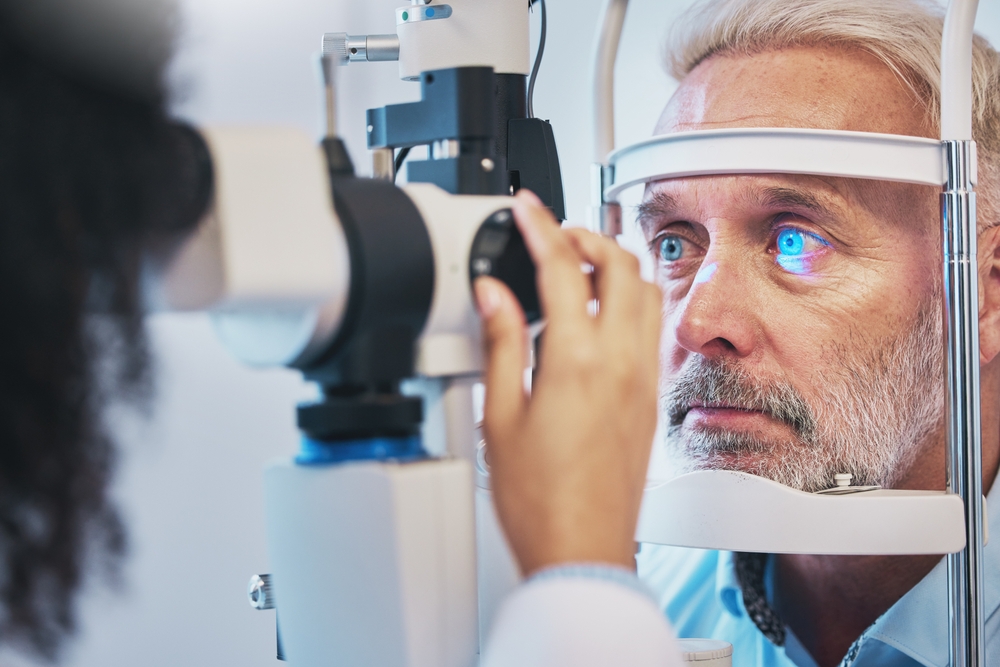
The wet form occurs when abnormal blood vessels develop under the macula and retina. These vessels may leak fluid, causing fluid buildup and creating a big blind spot in the center of your vision.
The bleeding of these blood vessels can eventually create a scar and lead to the
permanent loss of central vision. Loss of central vision is often much faster with the wet form than with the dry form.
Wet macular degeneration can lead to the complete loss of central vision if left untreated.
What Are the Symptoms of Macular Degeneration?
Macular degeneration typically doesn’t have symptoms in its early stages. As the condition progresses, you may experience:
- Low vision
- Blurred vision
- Difficulty seeing in low light
- Trouble recognizing familiar faces
- Straight lines appearing wavy or curvy
- Dark or blank spots in the center of vision
- Loss of color perception
- Loss of central vision
What is a Cataract?
A cataract is the clouding of the eye lens, which is normally clear. It occurs when proteins in the lens break down and build up, affecting your vision.
With cataracts, it may feel like you’re looking at the world through a foggy window.
What Are the Symptoms of a Cataract?

Usually, cataracts develop slowly, and you might not notice any vision changes early on. But as the cataract grows and affects more of the lens over time, you may experience the following symptoms:
- Clouded or blurred vision
- Halos and glare
- Sensitivity to light
- Trouble seeing at night
- Double vision in one eye
- Frequent prescription changes
- Colors appearing faded or dull
- Need for brighter lighting for up-close tasks
Can You Undergo Cataract Surgery If You Have Macular Degeneration?
For patients with macular degeneration, the formation of cataracts can worsen already challenged vision. So, should you get cataract surgery if you have macular degeneration?
General Considerations
Cataract surgery can be an option for many patients with macular degeneration. While each case is unique, the potential benefits often outweigh the risks for those whose vision is significantly impacted by cataracts.
The decision to proceed with cataract surgery will depend on various factors, including the severity of both conditions, overall eye health, and expected vision outcomes. Your ophthalmologist will carefully evaluate these factors to determine if cataract surgery is appropriate for you.
It’s important to note that while cataract surgery may improve overall vision clarity, it cannot reverse damage caused by macular degeneration. Patients should have realistic expectations about the potential improvements in their vision post-surgery.
For those with wet macular degeneration, special considerations may be necessary. Your eye doctor might recommend stabilizing the condition before proceeding with cataract surgery.
Detailed Evaluation
Prior to cataract surgery, macular degeneration patients undergo a comprehensive assessment to determine whether the procedure will improve vision.
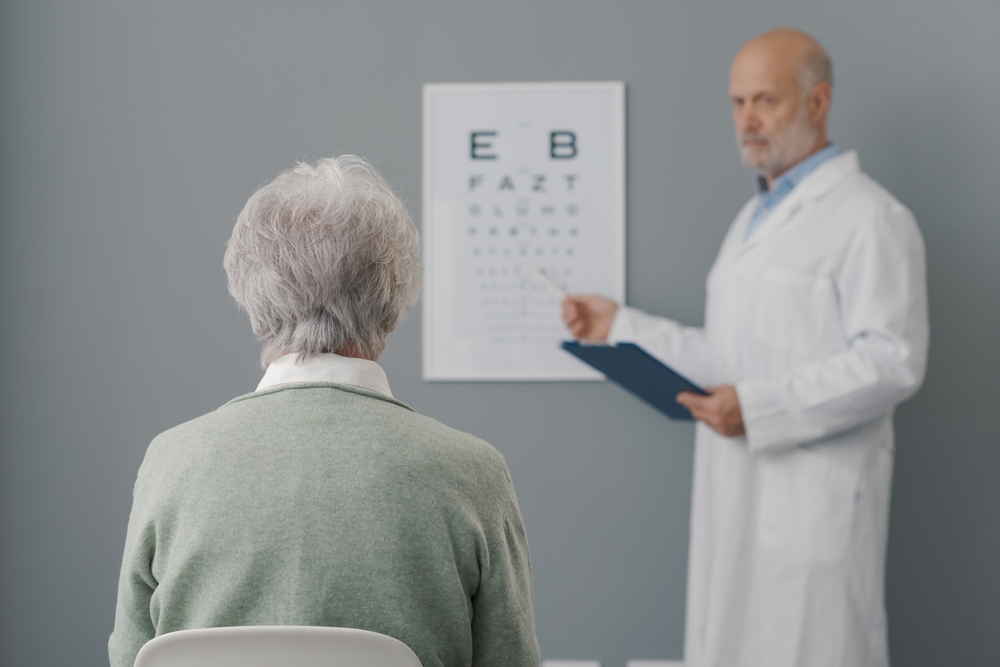
The first step is to establish the severity of macular degeneration and cataracts. Your eye doctor will identify what percentage of vision loss is due to cataracts and what percentage is because of macular degeneration.
They’ll also assess the condition of your retina and macula. This is achieved through a dilated exam and a retinal photograph called optical coherence tomography or OCT.
If there’s substantial damage from macular degeneration, you won’t experience any or much vision improvement following cataract surgery.
Before suggesting cataract surgery, the ophthalmologist will also perform refraction to check if using low-vision aids, a stronger prescription, or magnifiers can enhance vision enough.
Does Cataract Surgery with Macular Degeneration Restore Vision?
If your doctor recommends cataract surgery, your vision won’t be back to normal post-op. A clear lens doesn’t improve central vision since a healthy retina is required for sharp, straight-ahead vision.
However, removing a cataract can enable more light to enter the eye and improve peripheral vision. It can also allow your eye doctor to better monitor and treat macular degeneration and other conditions at the back of the eye.
Improve Your Vision with Cataract Surgery
If you have both cataracts and macular degeneration, the expert doctors at Eye Care Specialists can help you find the ideal solution. They’ll perform a thorough assessment and create an individualized treatment plan for the best vision and optimal eye health.
Do you have cataracts and macular degeneration and would like to know if cataract surgery is right for you? Schedule a consultation at Eye Care Specialists in Hazleton or Kingston, PA, today!











